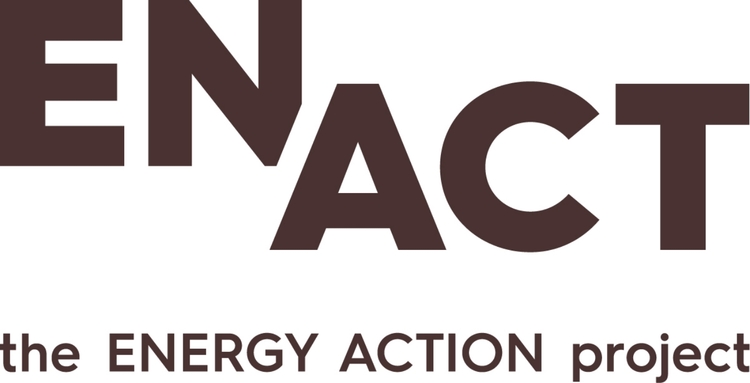Photo:W-Heat
Having developed a new type of insulation that is fire-resistant, affordable, and environmentally friendly that rivals or improves on the performance of traditional insulation, W-Heat wants to end energy poverty and improve energy efficiency in buildings across Hungary and beyond.
In Hungary, low thermal insulation in most buildings leads to high energy use, while some 70% of households still need thermal insulation. With energy prices increasing 13-fold since 1992 and salaries rising just 9-fold, excess energy use is expensive - and harmful for the environment.
W-Heat, a five-person research team from the Budapest University of Technology and Economics, has developed a low-cost, sustainable insulation with equal or better performance than traditional types of insulation like plastic foams. The insulation’s manufacturing is low energy and low carbon, and is fully biodegradable, with the components coming from agricultural by-products, such as wheat straw and recycled glass. Importantly, the insulation is also fire-resistant and self-extinguishing, which could save lives in the event of a building fire.
The insulation’s special properties are due to a special treatment of the wheat straw fibers which optimizes its porosity and increase its thermal insulation capability, as well as the new kind of binder composite that makes the insulation durable. Besides the material, the manufacturing process is also novel, because the whole process is scaled down using high-tech but low energy demand procedures to fit into a larger minivan, therefore, the thermal insulation boards can be produced locally where the straw is available or right at the construction sites saving transportation costs and labour.
With an expected increase in insulation across the globe in the coming years in an effort to improve energy efficiency and reduce emissions, W-heat hopes to develop a business plan on how their solution could be a viable and scalable business. Additionally, they would like support with the patenting process for their insulation and its processing method.
W-Heat is one of 15 finalists in the 2019 Social Innovation to Tackle Energy Poverty Initiative, launched by the Schneider Electric Foundation, Enel, and the Ashoka Foundations of Bulgaria, the Czech Republic, Hungary, Poland and Romania.

